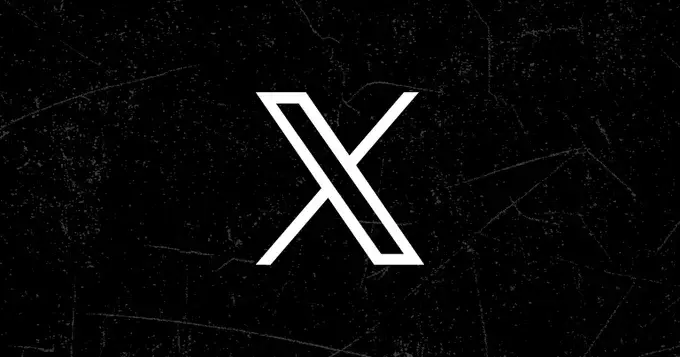Elon Musk’s X has become a focal point for discussions surrounding digital free speech, particularly in an age where social media channels serve as the primary platforms for public discourse. However, the troubling inconsistency in how X responds to government censorship requests leaves much to be desired from a company that claims to uphold the values of free speech. Recent events in Turkey illustrate this point: amid civil unrest fueled by the arrest of opposition leader Ekrem İmamoğlu, X suspended multiple accounts linked to dissidents and activists. This raises serious concerns about the platform’s commitment to its professed ideals when faced with government pressure.
In a climate where dissent against President Tayyip Erdoğan’s administration is met with violent crackdowns, X’s suspensions appear to be a calculated move to align with state-sanctioned censorship. Yusuf Can from the Wilson Center highlighted that the targeted accounts were largely grassroots-oriented, meant to inform and coordinate protests. These suspensions not only hinder freedom of expression but also effectively silence voices that are crucial for democratic engagement.
Critiques from Free Speech Advocates
For those who value unfettered discourse, X’s allegiance to government requests is disheartening. Critics argue that yielding to these demands not only undermines democratic principles but also perpetuates an environment where government oppression can flourish unchecked. Musk has previously justified limiting access to posts as a necessary compromise to prevent broader platform bans. However, the ethical implications of such compromises are worth questioning. Does X prioritize business continuity over fundamental human rights?
This dilemma isn’t merely limited to Turkey. Musk has shown an inconsistent track record when navigating similar requests from other countries. In Brazil, for example, X was temporarily banned for resisting a court order, leading Musk to attack local officials as foes of free speech. This begs the question: why the disparate treatment? Why is X prepared to challenge authority in one context while readily submitting in another?
The Business Influence Behind Compliance
One plausible explanation may lie in Musk’s business interests. His relationship with Turkish President Erdoğan is well-documented, framed by mutual benefits that could unfold through the establishment of a Tesla factory and other business initiatives in Turkey. This intricate web of corporate and political interests potentially influences Musk’s willingness to comply with censorship requests from the Turkish government. When profits are at stake, does an ethical stance on free speech become negotiable?
Contrastingly, in nations like India, where similar governmental pressures are exerted, Musk’s X hasn’t hesitated to legally challenge requests that it views as repressive. Musk’s legal pursuits in India indicate a willingness to take risks for the sake of upholding free expression principles. Yet, this apparent commitment echoes hollow when contrasted with inaction in Turkey, a country where critical voices are stifled at alarming rates.
The Implications for Civic Discourse
The repercussions of X’s uneven policy enforcement don’t just affect individual users; they reverberate across the broader landscape of civic discourse. When voices of dissent are silenced and marginalized, the public is robbed of a crucial element: the ability to challenge power. In Turkey, the suppression of information reduces the efficacy of democratic engagement, reinforcing the status quo. This pattern poses a significant democratic danger not only to Turkey but to global audiences who depend on open dialogue.
Musk’s brand of “free speech absolutism” seems to dim when confronted with the realities of profit-driven decisions. This creates a paradox that undermines the very framework upon which social media platforms were founded: to be accessible forums for diverse opinions and exchanges of ideas. If X continues to conform to authoritarian pressures, it risks becoming a tool of state propaganda rather than a bastion of free expression, a shift that could ultimately alienate users and tarnish its reputation.
The issues surrounding X’s approach present a complex web of ethical dilemmas, conflicting interests, and significant implications for civil liberties. As the discourse surrounding free expression evolves, the tech industry—including leaders like Musk—must confront the uncomfortable reality of their practices and the patterns they endorse in the name of sustainability and profits.

